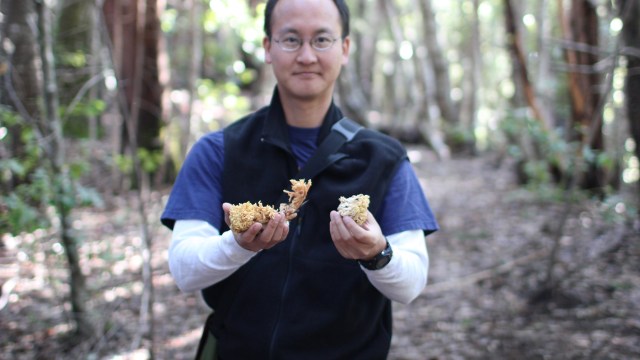Memory Monday: Our Universe Changes
In 1980, Carl Sagan laid out the story of the Universe to the best of our knowledge. Here are the three biggest advances.
“Our feeblest contemplations of the Cosmos stir us — there is a tingling in the spine, a catch in the voice, a faint sensation, as if a distant memory, of falling from a height. We know we are approaching the greatest of mysteries.” –Carl Sagan
When the original Cosmos first aired back in 1980, we were approaching the end of the 20th century, a century that had seen our understanding of the Universe evolve from just a single galaxy, our Milky Way, governed by Newtonian gravity…
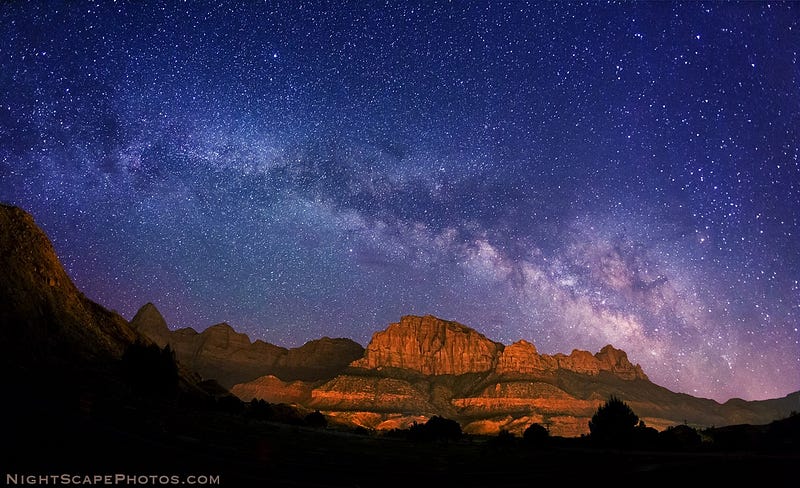
to a vast, massive, expanding Universe consisting of over 100 billion galaxies. Each one of those galaxies consisted of nearly a trillion unique stars, evolving under the same laws of physics — nuclear, electromagnetic and gravitational, all governed by relativity — as one another. And it all began more than ten billion years ago in a great, fiery event known as the Big Bang.
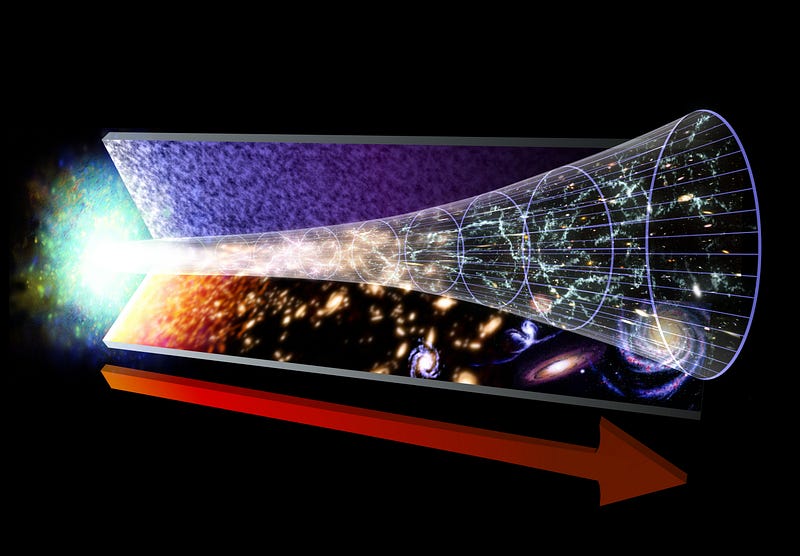
The scientific achievement to get us there was nothing short of remarkable, and Carl Sagan became the first person to tell that story in a way that was accessible to the entire world.
But it isn’t 1980 any longer, and as great as the story that Carl Sagan told us is, we’ve extended it in a number of remarkable ways: at the beginning, at the present day and into the far future.
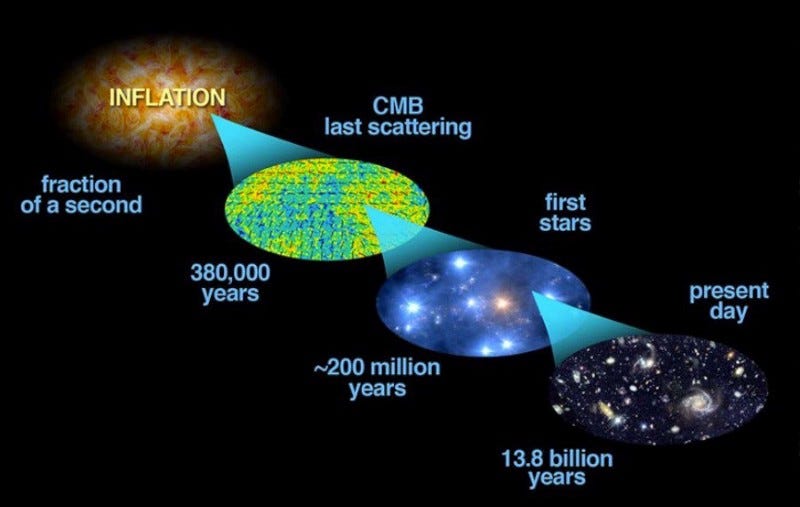
The Big Bang, as it turns out, may have represented the birth of our observable Universe as we know it, with the matter and radiation that gave rise to all we perceive. But it wasn’t the very beginning of everything: not of space, not of time, not even of the seeds of the Universe we see! There was something that occurred before it — a period of cosmic inflation — that Carl Sagan had no way of knowing when Cosmos was made.
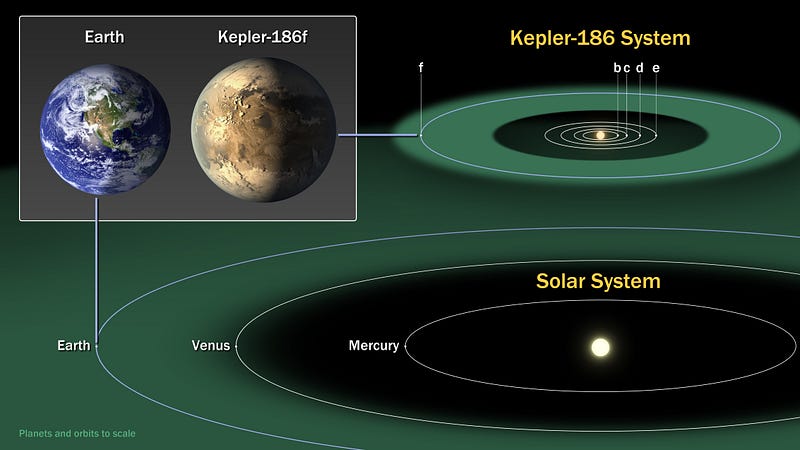
Similarly, when Cosmos was first aired, our Sun was the only star known with planets orbiting it. It was thought that many other worlds should exist, and that a great number of them might even be Earth-like, possibly harboring not just life, but potentially intelligent life. Yet there was no evidence for these worlds; there was only our imagination. Again, how times have changed.
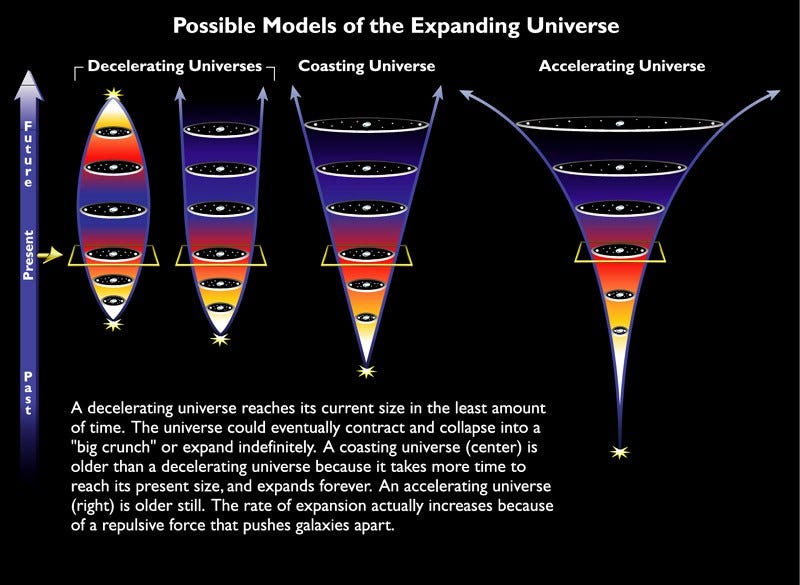
And finally, one thing Carl Sagan never touched on — because we didn’t know — was the ultimate fate of the Universe. What of the distant galaxies, millions or billions of light years away? Would they someday merge with us? Would the expanding Universe reach a maximum size and recollapse? Or would all the galaxies continue to recede, farther and farther into the abyss of deep space, forever?
As it turns out, the Universe would surprise us with a discovery that wasn’t made until after Carl’s death: distant galaxies will not only recede forever, but their expansion away from us is accelerating, with an unforgettable consequence that 97% of the galaxies in our observable Universe are already unreachable by us!
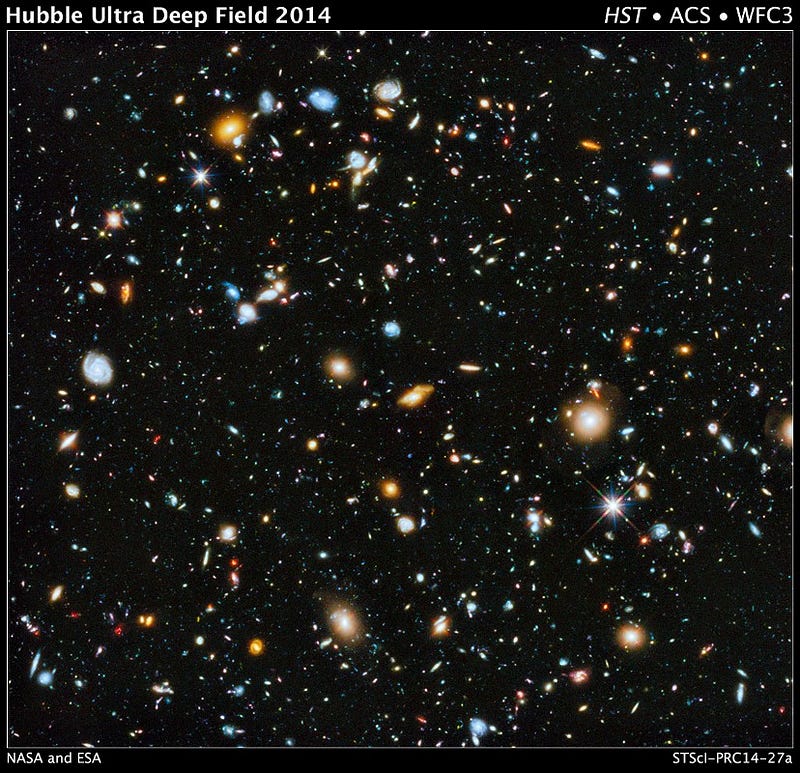
Last month, on the occasion of what would have been Carl’s 80th birthday, I had the honor of speaking at Carl Sagan Day, and Broward College was kind enough to record the talk and put it online. In lieu of our regularly scheduled Mini-Movie Monday (postponed a week due to a family emergency for one of my collaborators), I’m pleased to share the following talk: “Beginning, Middle and End: How Our Knowledge Of The Universe Has Changed Since Carl Sagan’s Cosmos.” (Talk starts at 1:28.)
The Universe is the story common to us all, and I hope you enjoy sharing in this small part of it, and learning a little bit of the tale it tells us about not only itself, but about each of us as well.
Leave your comments at the Starts With A Bang forum on Scienceblogs!





